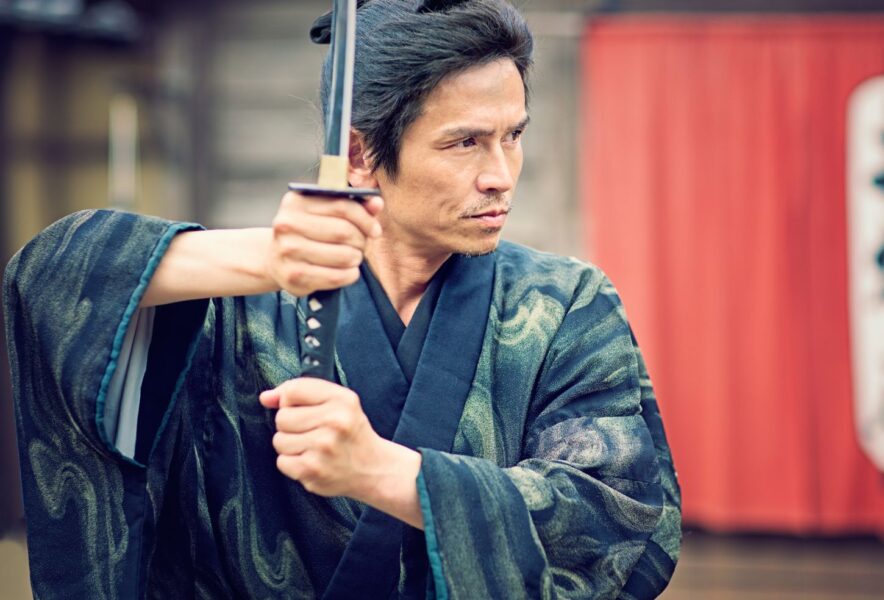Japan is a land of ancient traditions, with none more revered than the philosophy of Bushido—the “Way of the Warrior.” This guiding code for the samurai, which originated during Japan’s feudal era, not only shaped their conduct in battle but also influenced their daily lives. Even today, the principles of Bushido influence modern Japanese martial arts, culture, and personal philosophy. In this blog, we will explore the key virtues of Bushido, its spiritual significance, and places in Japan where you can experience this ancient philosophy firsthand.
Bushido: The Way of the Warrior
Bushido refers to the ethical code followed by samurai, Japan’s noble warrior class. More than just rules for combat, it is a way of life that emphasizes discipline, honor, and service. During Japan’s feudal era, these principles were crucial for maintaining order in society and within the samurai themselves.
Unlike the chivalry of European knights, Bushido was a holistic code, stressing loyalty not only to one’s master but also to one’s family and country. Deeply influenced by Zen Buddhism and Confucianism, Bushido taught samurai to remain calm and composed, even in the face of death. Today, Bushido’s principles continue to resonate in Japanese culture, from martial arts to modern business practices.
Key Virtues of Bushido
Bushido is built on several key virtues, each shaping the samurai’s life and actions:
- Courage (Yuuki): Not just physical bravery, but the courage to live with purpose and fearlessness in the face of difficulties.
- Righteousness (Gi): A strong sense of justice, where samurai were expected to act with integrity and moral righteousness, even at personal cost.
- Benevolence (Jin): True strength lies in protecting others, not in causing harm.
- Respect (Rei): Humility and respect for others, including one’s enemies, were central to samurai conduct, values still embedded in modern Japanese culture.
- Honesty (Makoto): Sincerity in both actions and words was essential, with an emphasis on truth in even the smallest details.
- Honor (Meiyo): A samurai’s reputation was everything, and they lived by a strict personal code of honor.
- Loyalty (Chuugi): Absolute loyalty to one’s master or cause often took precedence over personal gain.
These principles are alive today in martial arts like kendo, judo, and aikido, where practitioners strive to embody them both on and off the mat.
The Spiritual Influence of Bushido on Modern Martial Arts
In Japan, martial arts are not just about physical combat but also spiritual practice. This spiritual connection stems from Bushido’s deep ties to Zen Buddhism and Shintoism. Martial arts training is viewed as a path to self-improvement, emphasizing mindfulness, discipline, and respect.
For example, kendo, or “the way of the sword,” focuses on mental clarity and composure, reflecting the samurai’s calmness in battle. Aikido similarly emphasizes harmony and non-aggression, aligning with Bushido’s principle of benevolence.
Experiencing Bushido Philosophy in Japan: Dojos and Museums
If you want to immerse yourself in the spirit of Bushido, there are several places in Japan where you can explore its philosophy:
- Samurai Ninja Museum (Asakusa, Tokyo): Opened in 2023, this museum in Asakusa offers a blend of samurai and ninja history with interactive experiences such as trying on samurai armor and learning ninja skills. Samurai Ninja Museum Tokyo
- Meiji Jingu Martial Arts Demonstrations (Tokyo): At the Meiji Jingu Shrine, you can witness traditional martial arts demonstrations like kendo and sumo, showcasing Bushido’s influence on Japanese martial traditions. Meiji Jingu Shrine
- Katori Shrine (Chiba Prefecture): The birthplace of Katori Shinto-ryu, one of Japan’s oldest martial arts schools. A visit here offers deep insights into martial traditions and their spiritual roots. Katori Shrine
Applying the Bushido Spirit in Daily Life
Bushido’s teachings, particularly its values of honor, courage, and loyalty, can be applied to everyday life. Whether in business, personal relationships, or personal discipline, the Bushido code serves as a guide for living with integrity and purpose. In a fast-paced world, adopting the calm and centered mindset of Bushido can lead to resilience, inner strength, and grace under pressure.

Comment